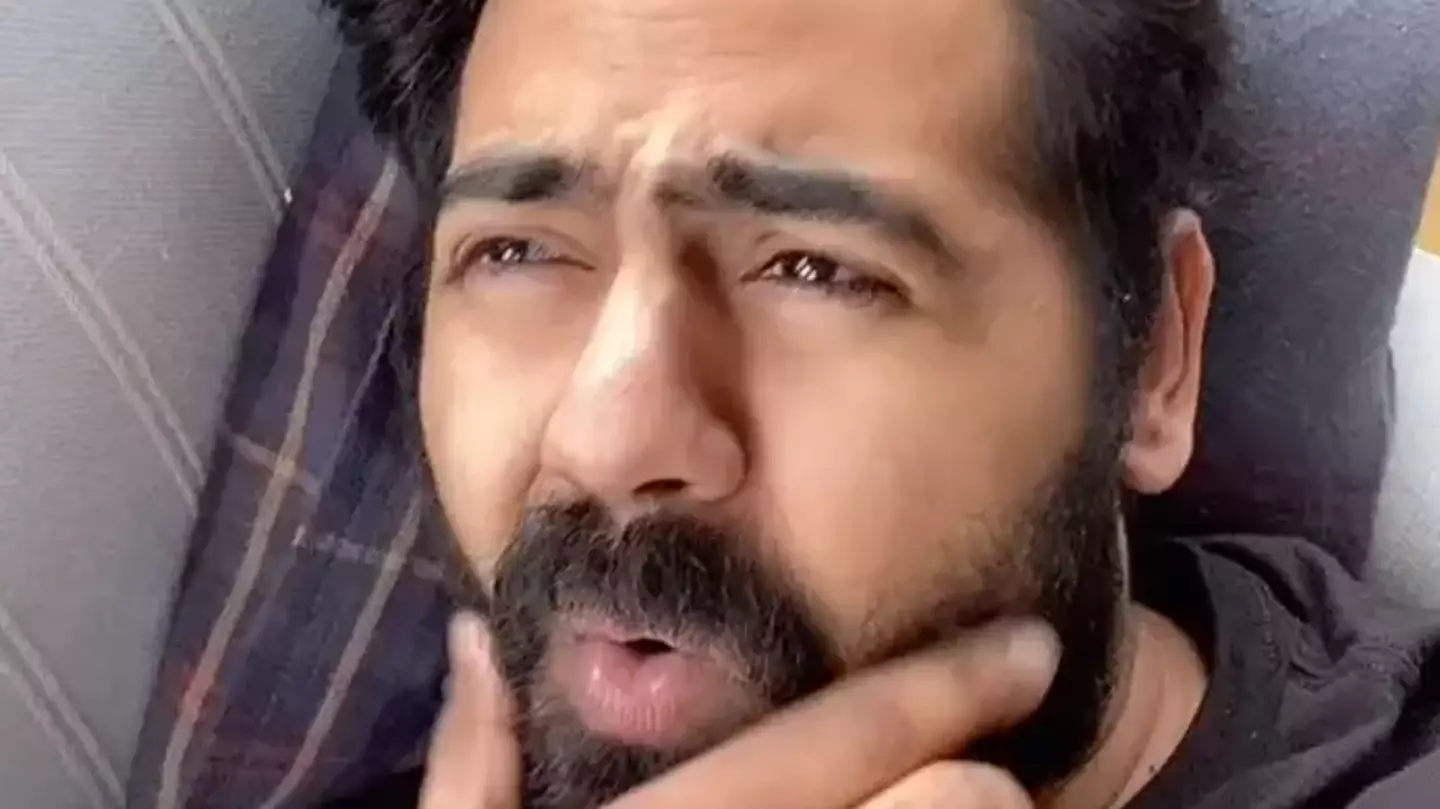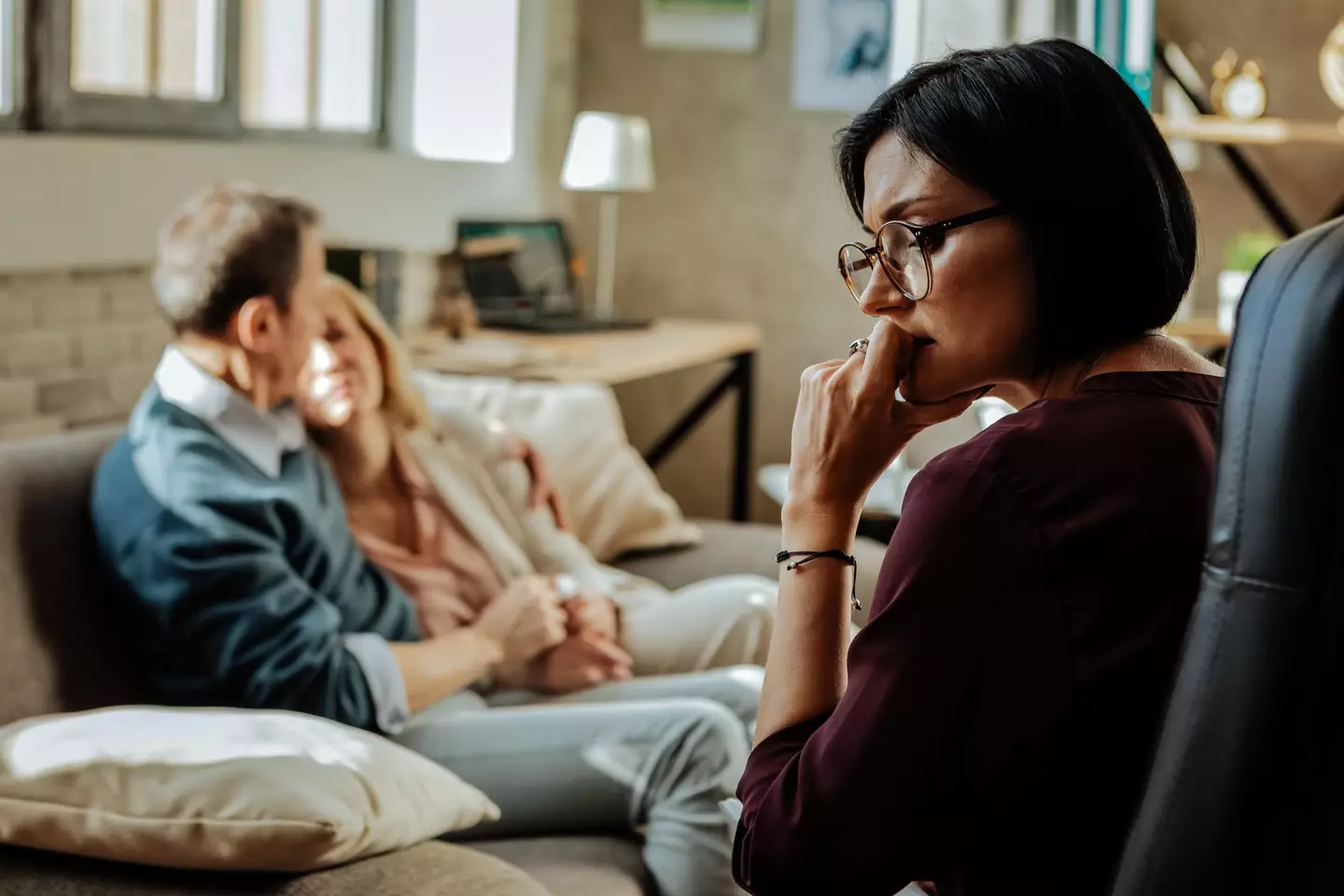
Ever wondered why we get déjà vu? Well, wonder no more because a doctor has offered up an explanation. Watch here:
Déjà vu - the French for 'already seen' - typically catches us off-guard, leaving us temporarily paralysed in a weird moment of familiarity.
Advert
And while we can't predict when exactly it will set in, Christmas is often a prime time for many, presumably because the period is laced with tradition and nostalgia, and the mind is fuzzy due to excess Baileys.
TikTok doc Karan Raj said the phenomenon occurs due to a cock-up by your brain.
In a video posted last year, he said: "What is déjà vu?"
He then repeated: "What is déjà vu?"
Advert
Tell you what, just because he's a doctor doesn't mean he doesn't have a wicked sense of humour.
He continued: "It's a glitch in your brain. It's when a new short term memory gets accidentally stored in the long term memory - so it feels like it's happened before, because our brain is telling us it's an old memory.
"It's just sloppy admin by your brain."
So if you feel like you're getting déjà vu more often at Christmas, that may be because you're brain is extra sloppy at this time of year too.
Advert
In truth though, the phenomenon remains fairly nebulous to this day.

It affects somewhere between two-thirds and four-fifths of all people and has long fascinated scientists, who remain divided over the cause.
Some experts believe it originates in the medial temporal lobes of the brain, which control long-term memory - however, they are unable to study the phenomenon deeply because déjà vu, by its nature, is fleeting and brief.
Advert
Dr Akira O’Connor, senior psychology lecturer at the University of St Andrews, believes the phenomenon isn't a failure of memory, but rather what we experience when the frontal regions of the brain attempt to correct an inaccurate memory.
Speaking to Science Focus, he explained: "Déjà vu is basically a conflict between the sensation of familiarity and the awareness that the familiarity is incorrect.
"And it’s the awareness that you’re being tricked that makes déjà vu so unique compared to other memory events.
"Most healthy people don’t tend to believe the sensation of familiarity and change their behaviour – like Neo in The Matrix, they logically know something isn’t right."
Advert
He continued: "For the vast majority of people, experiencing déjà vu is probably a good thing. It’s a sign that the fact-checking brain regions are working well, preventing you from misremembering events.
"In a healthy person, such misremembering is going to happen every day. This is to be expected because your memory involves millions and billions of neurones. It’s very messy."
Featured Image Credit: TikTok/@dr.karanr